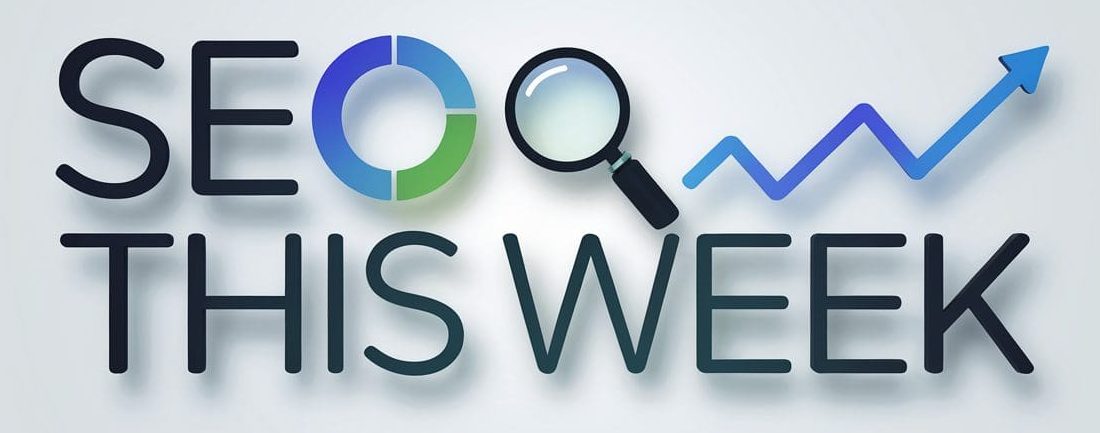Understanding the relationship between SEOs and developers is crucial in today’s web ecosystem. In this insightful conversation from the Google Search team, Gary Illyes and Martin Splitt peel back the curtain to explore what SEOs should know about developers, how their roles intertwine, and the challenges they face in communicating effectively. This article dives into their candid reflections on public speaking, empathy, and the nuanced collaboration required to make the web better for everyone.
Life at Google and the Human Side of Search
Being part of the Google Search team means more than just technical expertise — it involves a human element that often gets overlooked. Martin Splitt, a developer with a deep passion for the web, shares how his journey into public speaking and working with both SEOs and developers has shaped his perspective. While some might perceive the team as purely technical and unapproachable, Martin and Gary emphasize the importance of empathy and understanding the human challenges behind their work.
Speaking to Developers: A Shift in Perspective
Martin’s background as a developer naturally led him to speak at developer events on technical topics like JavaScript, CSS, and backend development. However, speaking on behalf of Google Search introduced new dynamics. Unlike his previous experiences where the audience shared his background, now he often finds himself bridging two worlds: developers and SEOs. This dual role can be challenging, as it sometimes feels adversarial—developers may view SEO as a “weird” or “sneaky” discipline, while SEOs might struggle with technical aspects.
“I was one of them [developers], speaking about topics they cared about. Now, I’m kind of coming from an adversarial role, trying to help them do their job better and understand where SEOs are coming from.” — Martin Splitt
From Public Speaking to Bridging Communities
Martin’s entry into public speaking began with a meetup format called Ignite, which involves fast-paced, timed presentations. His motivation was rooted in a desire to help people rediscover the power of the web, especially as many were moving towards other platforms like native apps or games. He wanted to show that the web is a ubiquitous, low-barrier medium capable of incredible things.
Transitioning into his current role, Martin now works to bridge the gap between developers and SEOs, two groups that often speak different languages and have different priorities. This requires patience, empathy, and a nuanced understanding of both sides.
Should SEOs Know Some Development?
This question is a hot topic in the SEO community. Martin and Gary explore the idea that while not every SEO needs to be a coder, having a foundational understanding of web technologies can significantly improve collaboration and problem-solving.
- Understanding HTTP basics, HTTPS, headers, and certificates helps SEOs grasp how websites function behind the scenes.
- Knowing how HTML and JavaScript interact with pages can clarify why certain SEO issues arise and how to fix them.
- Specialists focusing on content, internationalization, or localization might not need deep technical knowledge but should understand the broader web context.
As Martin puts it, “If you want to optimize a system deeply, you have to understand some of its characteristics.” This insight highlights the value of cross-disciplinary knowledge without requiring everyone to become a developer.
Context Is Everything in SEO Advice
One of the biggest challenges in SEO communication is context. Advice that works perfectly in one scenario might be harmful in another. Martin stresses that SEO is not a one-size-fits-all discipline—each website, client, and market has its unique needs and constraints.
“One website might be a highly regulated niche site in a single country, while another is a multinational brand operating in dozens of languages. The SEO strategies for these cases will differ significantly.” — Martin Splitt
This complexity makes delivering clear, accurate advice difficult, especially in public forums where broad statements can be taken out of context. Martin shares a personal example from a conference where he cautioned against using JavaScript indiscriminately—but only after explaining the full context, including when JavaScript is necessary and beneficial.
The Communication Challenge: Navigating Agendas and Misinterpretations
Communication in SEO and development is often complicated by competing agendas and misunderstandings. Martin acknowledges that everyone has an agenda, whether it’s selling a product, pushing a viewpoint, or simply doing their job well. This can lead to statements being cherry-picked or misunderstood.
He emphasizes the importance of:
- Explaining context thoroughly when giving SEO advice.
- Encouraging listeners to question whether advice applies to their specific situation.
- Recognizing that misunderstandings are part of the process and require patience.
Martin’s approach is to provide as much background as possible to avoid oversimplification. For example, “Don’t use JavaScript” is a misleading takeaway if not accompanied by the reasons and exceptions behind it.
Why We Don’t Share Slides Without Context
Martin and Gary reveal that sharing presentation slides without the accompanying explanations can lead to misinterpretations. Slides are just part of the story and often lack the nuance that spoken context provides. This insight encourages the SEO community and others to seek full understanding rather than relying on snippets or isolated tips.
Final Thoughts: Building Better Understanding and Collaboration
The conversation between Gary and Martin highlights the importance of empathy, context, and curiosity in bridging the gap between SEOs and developers. While challenges remain, especially around communication and differing perspectives, the goal is shared: to create a better, faster, and more accessible web.
For SEOs looking to improve collaboration with developers, here are some key takeaways:
- Invest time in learning basic web technologies and how they affect SEO.
- Always consider the specific context of the website or client before applying advice.
- Communicate openly and ask questions to understand the technical constraints developers face.
- Recognize that both SEOs and developers share the goal of improving user experience and site performance.
By embracing these principles, the SEO, and development communities can work together more effectively, solving problems with greater clarity and creating web experiences that truly shine.

